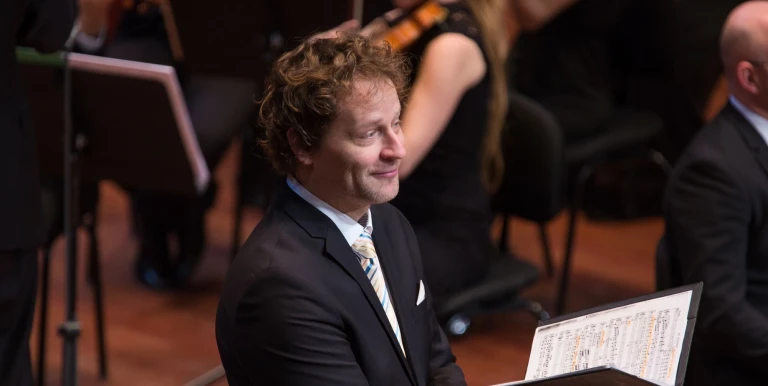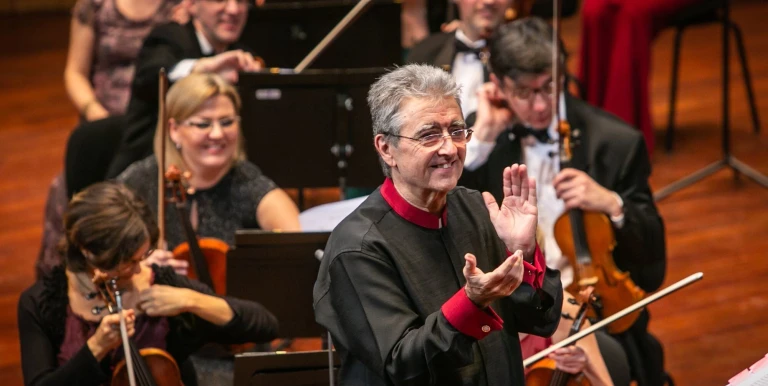one interval
Conductor:
Featuring:
After Messiah, Judas Maccabaeus is Handel's most popular oratorio, and one that was inspired by the events of its era. Each of Handel's oratorios has its own unique performance history, and these works are altered nearly every time they are performed, with movements being switched or omitted and, at certain concerts, completely new ones being written. The most popular excerpt from the piece, the choral movement 'See, the Conqu'ring Hero Comes!' was originally part of the oratorio Joshua, but the popularity of Judas Maccabaeus led the composer to transplant it.
In 1701, the English parliament excluded Catholic members of the House of Stuart from succeeding to the throne, a measure that brought the House of Hanover into power. The Stuarts tried several times to regain the crown, an effort that was ended by the Battle of Culloden in 1746. It was this event that spawned Handel's work, whose subject he did not choose by accident. The Maccabees were high priests fighting for Jewish religious freedom. One of their leaders, Judas, reoccupied the temple in Jerusalem (an event commemorated by the holiday of Hannukah). The story was a familiar and popular one, and it was easy for English public opinion to identify itself with the Jewish people fighting for their faith, especially after a century and a half of struggle again Catholicism, as the Anglican Church was an important part of the country's national identity.
Perhaps Handel's most operatic oratorio, Judas Maccabaeus is a series of massive tableaus in which he consistently uses the topoi of the opera style of the era, including those of mourning and the war-fighting spirit (movements resembling revenge arias), and giving victory music an important place. Also appearing in the work are the characteristic expressive devices of the age, including the chromatic depiction of grief, the coloraturas indicating high levels of emotion, the fanfare motifs signalling the eagerness to act and the pastoral 6/8 tempo of peace and amicability. In addition to all of this, the end of the second act becomes an unmistakable reference when the chorus sings of the unshakable faith in a passage that Handel framed with music recalling a Protestant chorale.
Presented by: Dohnányi Orchestra Budafok, Müpa Budapest
-
We wish to inform you that in the event that Müpa Budapest's underground garage and outdoor car park are operating at full capacity, it is advisable to plan for increased waiting times when you arrive. In order to avoid this, we recommend that you depart for our events in time, so that you you can find the ideal parking spot quickly and smoothly and arrive for our performance in comfort. The Müpa Budapest underground garage gates will be operated by an automatic number plate recognition system. Parking is free of charge for visitors with tickets to any of our paid performances on that given day. The detailed parking policy of Müpa Budapest is available here.












